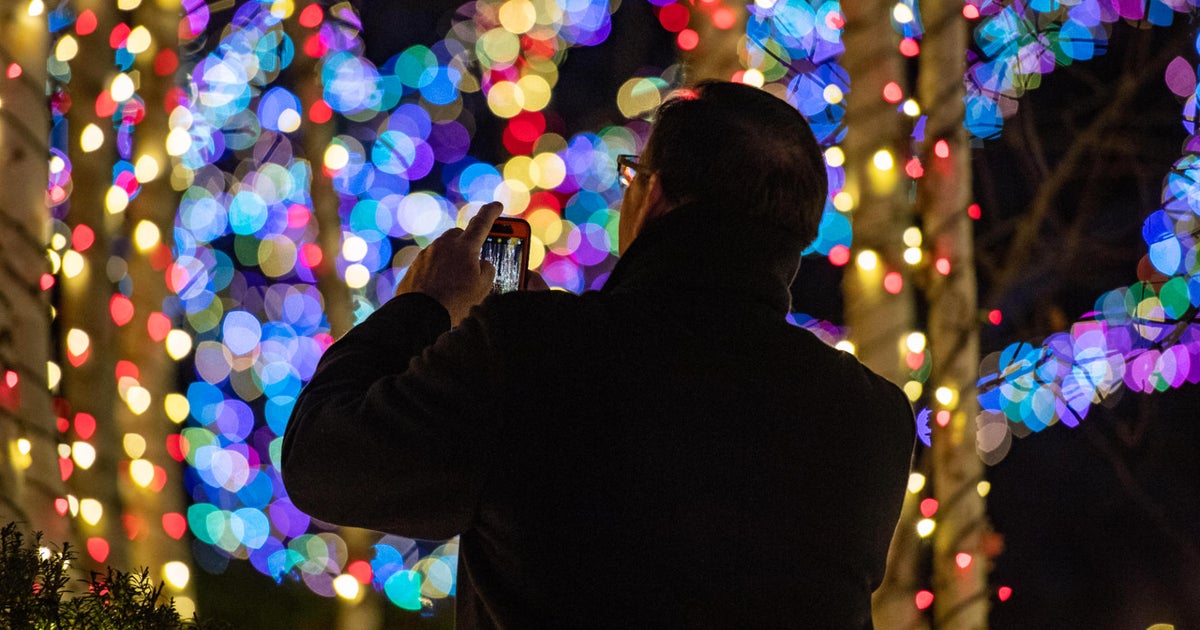SJC Hears Pledge Of Allegiance Challenge From Atheist Acton Couple
BOSTON (AP) — A family asked Massachusetts' highest court Wednesday to ban the daily practice of reciting the Pledge of Allegiance in public schools, arguing that the words "under God" in the pledge discriminate against atheists.
Comment: Daily Talker: Should Pledge of Allegiance words be changed?
In arguments before the Supreme Judicial Court, a lawyer for an atheist Acton couple who sued on behalf of their three children argued that the reference to God suggests that "good patriots are God believers" and nonbelievers are less patriotic or unpatriotic.
David Niose, an attorney representing the family and the American Humanist Association, rejected the argument that because the pledge is voluntary, it does not discriminate against atheists.
"The exercise itself still discriminates. It defines patriotism a certain way," Niose told the seven justices.
A lawyer for the Acton-Boxborough Regional School District argued that the pledge is not mandatory and students can opt out by either leaving out the reference to God or by not reciting the pledge.
"There is no religious bias in the statute," said Geoffrey Bok, an attorney for the school district.
Eric Rassbach, deputy general counsel for The Becket Fund for Religious Liberty, told the justices that the phrase "under God" has a long history as an expression of a "political philosophy" and is not a religious declaration.
"It's always been used to limit first the power of the king and now the power of government," Rassbach said after the hearing. "It's not a religious statement ... no one is getting up there and saying a prayer when they say the Pledge of Allegiance."
Last year, a Massachusetts judge found that the words "under God" in the pledge did not violate state law or the school's anti-discrimination policy. Judge S. Jane Haggerty found that including "under God" in a voluntary patriotic exercise does not "convert the exercise into a prayer." The family appealed the ruling.
The case stems from a lawsuit filed by the couple in 2010. Their name was not disclosed.
Niose said the family is seeking a ruling that declares unconstitutional the current daily classroom recitation of the pledge.
The original pledge was adopted by Congress in 1942 and did not contain the words "under God." The phrase was added in 1954.
The justices peppered Niose with questions about how far the ban on the pledge should extend, noting that the pledge is recited at sporting events and other public gatherings. Chief Justice Roderick Ireland noted that there are other references to God made in public places, including at state courthouses where court officers include "God save the Commonwealth of Massachusetts" in a daily recitation.
Niose said those references are "ceremonial" and not recited on a daily basis by children for their 13 years in public school.
The court did not immediately rule. Decisions typically are published several months after oral arguments.
Any ruling by the court would apply only to Massachusetts because the language of the Pledge of Allegiance is set by federal law.
Copyright 2013 The Associated Press. All rights reserved. This material may not be published, broadcast, rewritten or redistributed.



